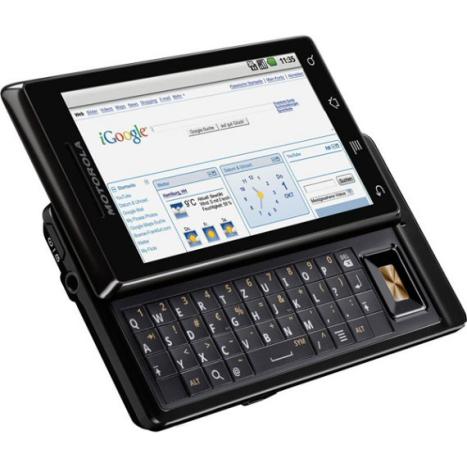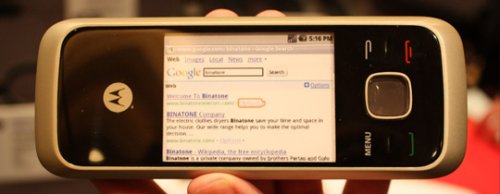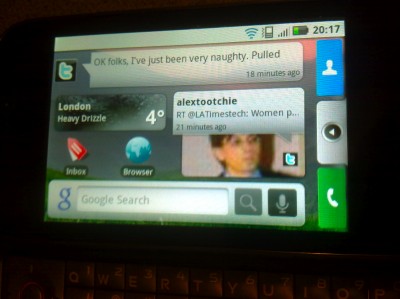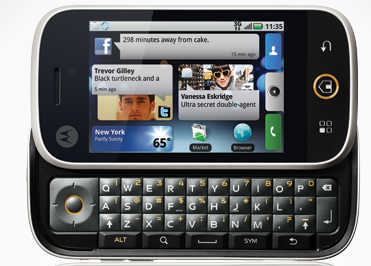 Here’s an interesting jab at Google and its mobile operating system Android: Verizon, the No. 2 U.S. carrier, is joining the LiMo Foundation because it has software and phones available, Google does not.
Here’s an interesting jab at Google and its mobile operating system Android: Verizon, the No. 2 U.S. carrier, is joining the LiMo Foundation because it has software and phones available, Google does not.
 The LiMo Foundation, representing Linux Mobile, is the lesser known of the mobile operating systems. There’s Microsoft’s Windows Mobile, supplying many makers of smart phones; Symbian, supplier mostly to Nokia; Qualcomm, supplier mostly to Verizon; upstart Google, and Apple. Then there’s Linux Mobile, slowly creeping along by adding devices mostly in Europe and Asia.
The LiMo Foundation, representing Linux Mobile, is the lesser known of the mobile operating systems. There’s Microsoft’s Windows Mobile, supplying many makers of smart phones; Symbian, supplier mostly to Nokia; Qualcomm, supplier mostly to Verizon; upstart Google, and Apple. Then there’s Linux Mobile, slowly creeping along by adding devices mostly in Europe and Asia.
The LiMo (Linux Mobile) Foundation is a consortium of companies well vested in the mobile industry: Motorola, Samsung, LG Electronics, Vodaphone, NTT DoCoMo, and many others. Verizon is the first U.S. carrier to join the LiMo initiative, which now has 40 members worldwide.
The idea behind LiMo is to build a standardized, Linux-based mobile platform, which members can customize to meet their needs. For the most part, Linux Mobile is a competitor to Android, which is not yet available on any handsets. Linux Mobile is showing up on phones from Motorola, NEC, Panasonic, Samsung, and LG.
Kyle Malady, vice president of network for Verizon, said in a conference call today that he expects Verizon to sell both regular devices and smart phones using mobile Linux next year.
“We expect that Linux Mobile will rapidly become our preferred operating system,” Malady said to The Associated Press [via The New York Times] . “As the development community looks at how best to bring new applications to the marketplace, they should check out LiMo and Linux Mobile first.”
Continue reading »
 When Motorola unveiled its Droid smartphone in the US, it was critically acclaimed and hailed by many as the Android smartphone to beat at the time and, of course, like any high end touchscreen smartphone, branded as a potential iPhone contender.
When Motorola unveiled its Droid smartphone in the US, it was critically acclaimed and hailed by many as the Android smartphone to beat at the time and, of course, like any high end touchscreen smartphone, branded as a potential iPhone contender.
 It seems that 2009 is the year of the comeback handset. Palm saw its
It seems that 2009 is the year of the comeback handset. Palm saw its  On stage live at GigaOm’s
On stage live at GigaOm’s  This one feels a lot like a non-announcement, although technically it’s actually a pre-announcement.
This one feels a lot like a non-announcement, although technically it’s actually a pre-announcement. Much of the iPod’s success,
Much of the iPod’s success, 

 Amid all
Amid all 
